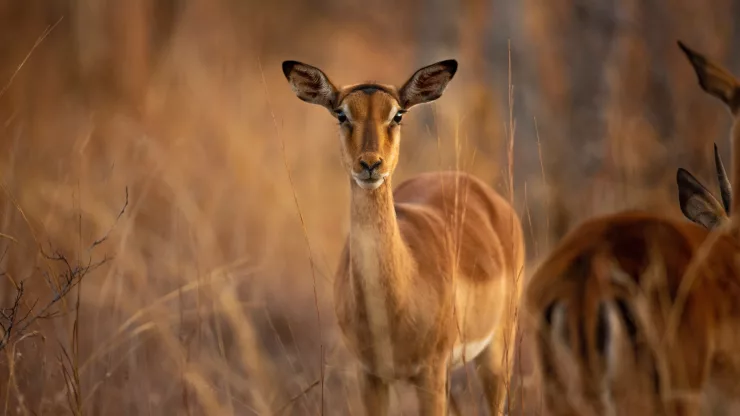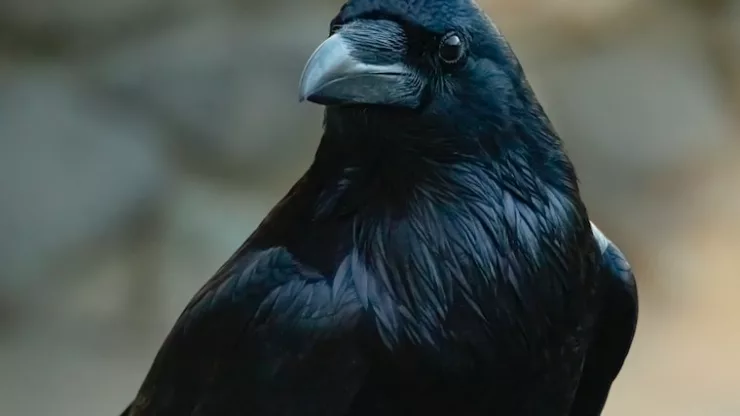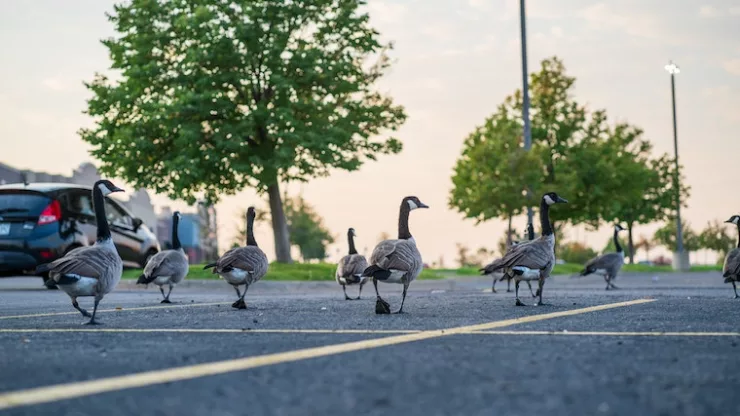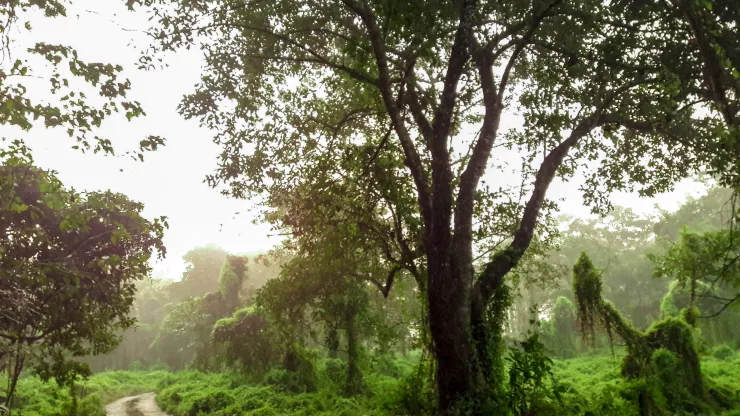Jump to Section
The Exciting World of Urban Wildlife Conservation
Urban wildlife conservation is an exciting field that involves protecting and preserving the wildlife that lives in cities and other urban areas.
This can include everything from birds and mammals to reptiles and insects.
As cities continue to grow and expand, it’s becoming increasingly important to find ways to coexist with the wildlife that calls these places home.
If you’re passionate about wildlife and want to make a difference in the world, then a career in urban wildlife conservation could be the perfect fit for you.
And the best part is that you don’t necessarily need a degree to break into this field.
How to Build Your Experience and Network Without a Degree
While having a degree in a related field can certainly be helpful, it’s not a requirement for working in urban wildlife conservation.
In fact, there are many ways to build your experience and network without a formal education.
Here are a few ideas to get you started:
- Volunteer: One of the best ways to gain experience and make connections in the field is by volunteering with local conservation organizations. This can include everything from helping with habitat restoration projects to assisting with wildlife surveys.
- Attend workshops and conferences: Many organizations and agencies offer workshops and conferences on topics related to urban wildlife conservation. Attending these events can be a great way to learn new skills, meet other professionals in the field, and make connections.
- Join a professional organization: There are many professional organizations dedicated to wildlife conservation, such as the Wildlife Society and the Urban Wildlife Conservation Program. Joining one of these organizations can provide you with access to valuable resources, networking opportunities, and job listings.
Finding Opportunities and Navigating the Job Market
When it comes to finding job opportunities in urban wildlife conservation, there are a few different paths you can take.
Here are a few tips for navigating the job market:
- Look for entry-level positions: Many conservation organizations and government agencies offer entry-level positions that don’t require a degree. These positions may include things like field technicians or wildlife assistants.
- Check job boards: Websites like Indeed and Idealist can be great resources for finding job openings in the field. You can also check specific organization and agency websites for job listings.
- Network: As with any field, networking can be a valuable tool for finding job opportunities. Attend workshops and conferences, volunteer, and join professional organizations to meet other professionals in the field.
Tips for Succeeding in Urban Wildlife Conservation
Once you’ve landed a job in urban wildlife conservation, there are a few things you can do to ensure your success in the field:
- Be passionate: Working in wildlife conservation can be challenging, but it’s also incredibly rewarding. Stay passionate about the work you’re doing, and let that passion drive you.
- Be flexible: The world of urban wildlife conservation can be unpredictable. Be prepared to adjust your plans and strategies as needed.
- Keep learning: The field of wildlife conservation is constantly evolving. Stay up-to-date on the latest research, techniques, and best practices.
FAQ
How much can you earn in urban wildlife conservation?
Salaries in the field of urban wildlife conservation can vary widely depending on factors like your level of education, years of experience, and job title.
According to data from the Bureau of Labor Statistics, the median annual wage for conservation scientists and foresters was $62,660 as of May 2020.
What skills do you need for a career in urban wildlife conservation?
Some of the key skills needed for a career in urban wildlife conservation include:
- Knowledge of local flora and fauna
- Ability to collect and analyze data
- Strong communication skills
- Ability to work independently and as part of a team
- Physical fitness and stamina (depending on the job)
What are some common job titles in urban wildlife conservation?
Some common job titles in the field of urban wildlife conservation include:
- Wildlife biologist
- Wildlife technician
- Conservation technician
- Park ranger
- Environmental educator
I’m a nature enthusiast and creator of Metro Wilds and have spent years exploring the great outdoors.
With a passion for environmental conservation and sustainability, I have dedicated my career to writing about the beauty and wonders of nature, as well as the threats facing our planet.
Contact me at [email protected] for assistance.





